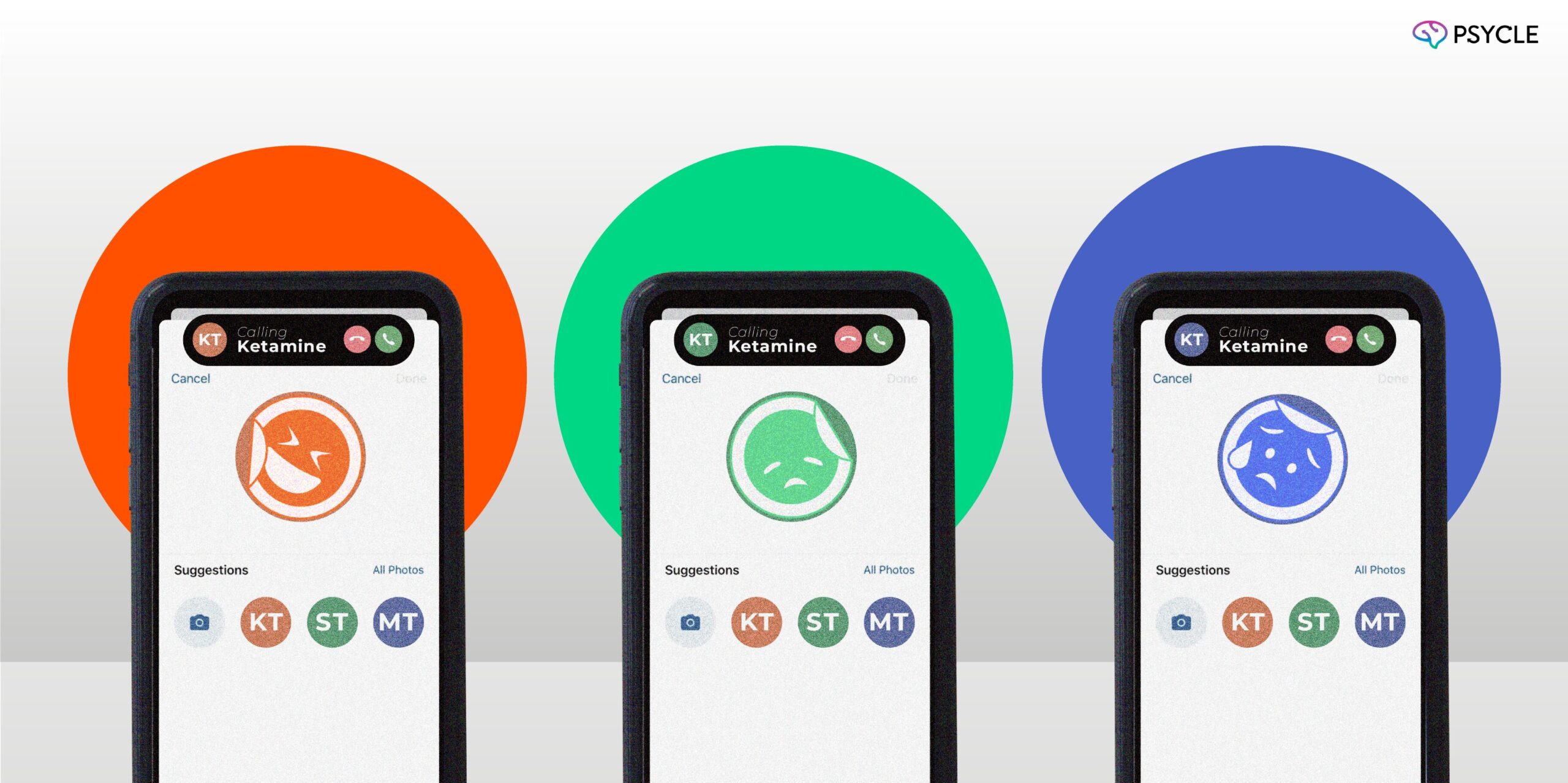If you’re struggling with depression, anxiety, PTSD, chronic pain, or other mental health conditions, you may have heard about the potential benefits of ketamine treatment. But before you dive in, it’s important to understand whether you are a candidate for this innovative therapy.
Ketamine therapy is still a relatively new treatment option. As such, some specific qualifications and criteria must for considered for treatment. Let’s look closer at who is typically eligible for ketamine treatment and the requirements you’ll need to meet.
Key Takeaways
- Ketamine treatment is an innovative therapy for chronic pain, depression, and other mental health conditions.
- To qualify for ketamine treatment, you must meet specific criteria and qualifications.
- Consulting with a qualified healthcare professional is crucial in determining your eligibility for ketamine treatment.
- Ketamine treatment is not a one-size-fits-all solution and may not be suitable for everyone.
- Understanding the cost, qualifications and criteria for ketamine treatment can help you make an informed decision about pursuing this innovative therapy.
Ketamine Treatment Criteria and Qualifications
If you are considering ketamine treatment, it is important to understand the qualifications and criteria determining eligibility. While ketamine therapy has been shown to relieve several medical conditions, not everyone is a good candidate.
The primary criteria for ketamine treatment are related to the medical conditions that the treatment is designed to address. Generally, ketamine therapy is recommended for individuals with treatment-resistant depression, chronic pain conditions, and PTSD. However, each medical condition has specific qualifications that must be met before the treatment can be administered.
Ketamine Therapy Qualifications
For treatment-resistant depression, you must have a documented history of failed treatments with traditional antidepressant medications. You may also be eligible for ketamine therapy if you have a history of suicidal ideation or attempts. However, this will be evaluated on a case-by-case basis by your healthcare provider.
For chronic pain conditions, ketamine therapy may be recommended if you have not responded to other pain management options. This may include long-term opioid use, which can have negative side effects and risks.
For PTSD, ketamine therapy may be recommended if you have not responded to traditional therapies such as cognitive-behavioral therapy (CBT) or prolonged exposure therapy. It is important to note that ketamine therapy is typically used in conjunction with these therapies rather than as a standalone treatment.
Discussing your medical history with a qualified healthcare provider is essential to determine whether you meet the qualifications for ketamine therapy. Additionally, some exclusions may exist for certain individuals, such as those with a history of substance abuse or certain medical conditions that may interact negatively with the treatment.
In conclusion, if you have treatment-resistant depression, chronic pain conditions, or PTSD and have not found relief with traditional treatments, ketamine therapy may be an effective option. Understanding the qualifications and criteria for ketamine treatment is essential to determine if it is right for you. Consult with a qualified healthcare provider to discuss your qualifications and determine the best course of treatment.
Conclusion
Now that you have a better understanding of the qualifications and criteria for ketamine treatment, you can decide whether this therapy is right for you. Remember to always consult with a qualified healthcare professional to assess your specific needs and determine the best course of treatment.
If you believe you may be a candidate for ketamine treatment, do not hesitate to contact your healthcare provider and discuss your options. This innovative therapy has shown promising results in treating a wide range of conditions and may be the solution you need to improve your quality of life.
FAQ
Who is considered a candidate for ketamine treatment?
Ketamine treatment is suitable for individuals diagnosed with treatment-resistant depression, major depressive disorder, bipolar disorder, post-traumatic stress disorder, and other psychiatric disorders. It may also be considered for individuals who have not responded well to traditional antidepressant medications.
What are the qualifications for ketamine treatment?
The qualifications for ketamine treatment may vary depending on the healthcare provider and specific circumstances. Generally, individuals at least 18 years old, diagnosed with a qualifying mental health condition, and tried other treatment options without success may be considered for ketamine therapy.

